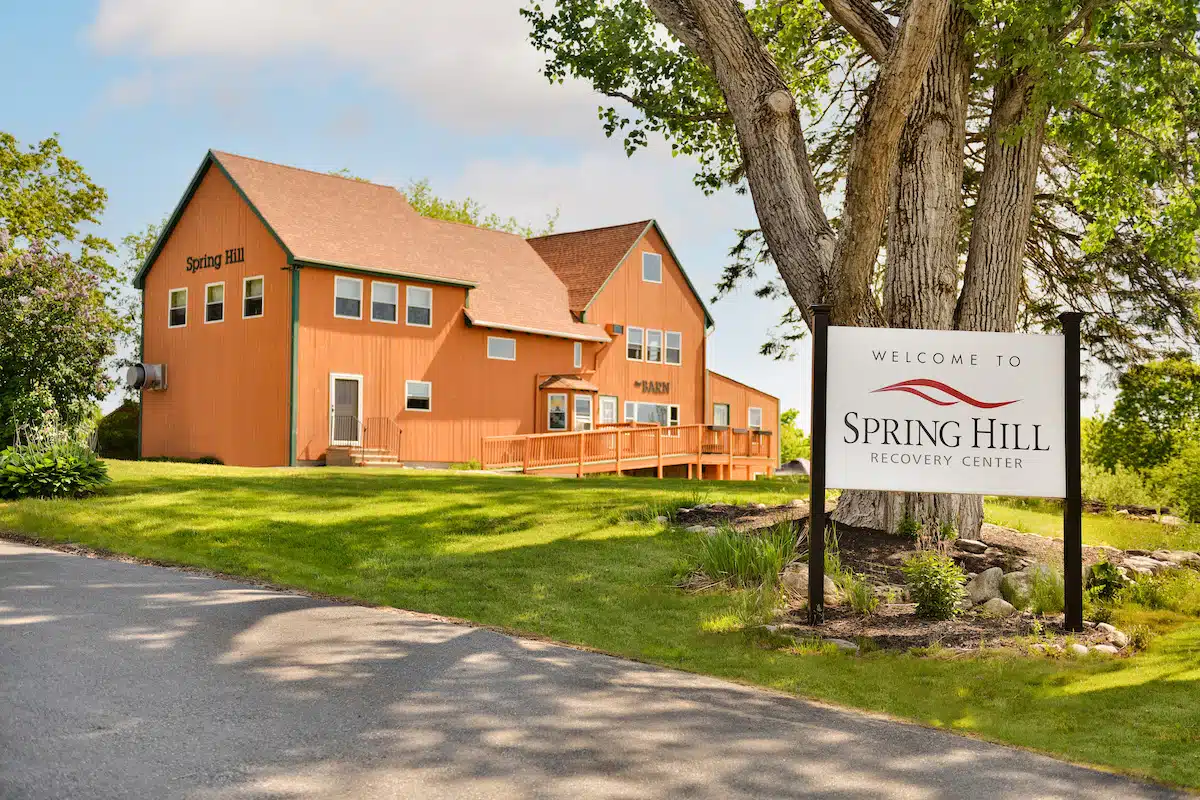Spring Hill Recovery Center is a licensed residential addiction treatment facility that provides a personal approach to care for men and women suffering from substance use and co-occurring mental health disorders. Our highly trained team of physicians, nurses, therapists and residential staff are addiction specialists who will get to know each patient in order to develop an individualized recovery plan. All treatment plans follow an evidence-based, comprehensive model of treatment that heals whole patients as well as their family systems to set them up for a successful life in recovery..
In addition to the residential/inpatient program, Spring Hill Recovery Center offers a Residential Inpatient Program and continuing care for patients after they leave treatment. The clinical and medical staff at Spring Hill work one-on-one with each patient to develop a personalized addiction recovery plan suited to their unique recovery needs both during and after their stay at Spring Hill. The clinical program focuses on a whole-patient approach to recovery, combining evidence-based methods like CBT and Motivational Interviewing that are proven to treat substance use and its underlying causes with mind-body wellness and experiential therapies like equine therapy and meditation. Families are included throughout treatment, with a dedicated family therapist and an intensive family weekend designed to heal relationships and set the foundation for lifelong recovery.
Spring Hill Recovery Center is located in Ashby, MA, on top of a hill in the middle of more than 70 acres of lush woodlands. Spring Hill offers rustic, charming accommodations for men and women seeking treatment. With 32 beds available and staff on-site 24 hours a day, treatment at Spring Hill provides individualized care for the best chance of successful recovery from addiction. The facility features an on-site gym with a personal trainer on staff to allow patients to become stronger physically as they grow emotionally. Patients are taught how to begin and maintain a healthy lifestyle through sessions with the staff nutritionist and eating fresh meals prepared three times daily by a full-time chef, featuring a brunch buffet every Sunday.
Accreditations
ASAM LEVELS of Care
Certification/Membership
- Massachusetts Bureau of Substance Addiction Services licensing
- National Association of Addiction Treatment Providers (NAATP)
- LegitScript certification




